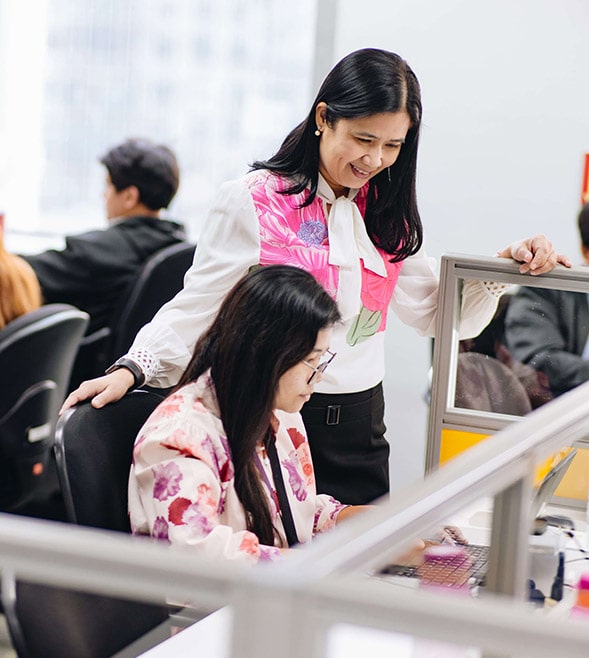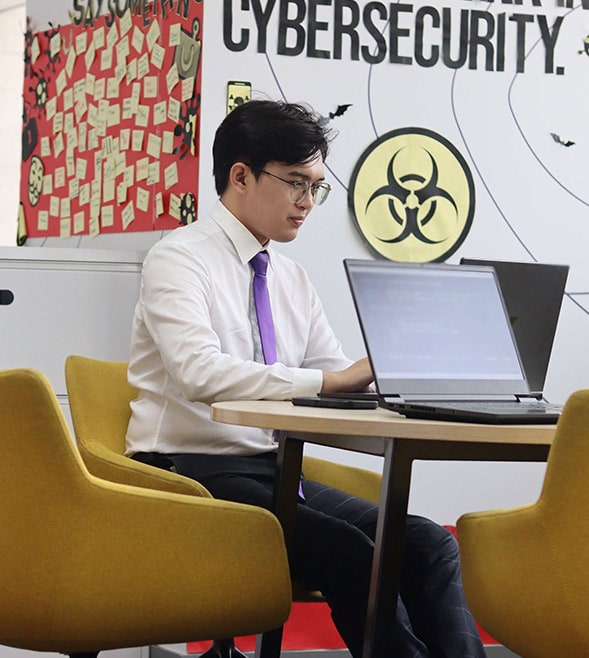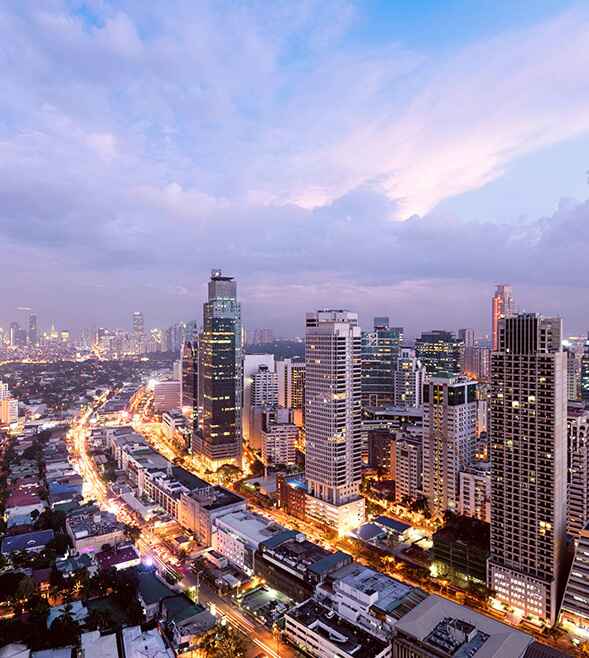As an IT Project Manager, I have seen how integrity—or the lack of it—can make or break projects. Behind the codes, contracts, and milestones are decisions shaped by values. When ethics falter, initiatives that should empower people instead waste resources, compromise security, or erode trust. These are not just technical lapses; they are governance failures.
In the Philippines, trust in governance remains fragile. Recurring procurement issues, weak oversight, and a culture of silence continue to undermine reforms. Rules matter, but without accountability and ethics at the core, they are hollow. Transparency International’s 2024 Corruption Perceptions Index (CPI) underscores this challenge: the Philippines scored only 33 out of 100, ranking 114th out of 180 countries—well below the global average of 43. Such a score reflects the urgent need for stronger safeguards and effective reporting systems.
Time and again, irregularities—whether incomplete projects, questionable contracts, or misuse of funds—have eroded confidence in governance. Many of these problems could have been prevented if insiders had a safe, reliable way to raise the alarm.
Whistleblowing is one of the most effective safeguards of integrity. Insiders often spot irregularities long before external reviews can. But whistleblowing only works if individuals feel secure. Fear of retaliation silences many, allowing wrongdoing to persist unchecked.
For whistleblowing systems to succeed, two conditions are essential: protection and action. First, people must trust that their identities will be safeguarded and that they will not face reprisals. Second, reports must be acted upon promptly, fairly, and with visible consequences. Otherwise, reporting hotlines risk becoming empty gestures.
Equally important is consistency. Misconduct must be addressed regardless of rank or influence. Selective accountability breeds cynicism, while impartial enforcement builds trust. When people see that ethical standards apply to everyone, reporting becomes not just an individual risk but a shared responsibility.
But beyond the mechanics, the greater truth is this: integrity is everyone’s responsibility. Governance is not sustained by laws and systems alone; it depends on people. Leaders must set the tone from the top. Managers must protect those who speak up. And ordinary employees—and citizens—must have the courage to raise their voice when something is wrong.
As leaders, we must recognize that our choices set the example for others. It is not enough to demand compliance from our teams while turning a blind eye to wrongdoing elsewhere. True leadership means creating a culture where honesty is rewarded, where accountability applies equally, and where people know that raising concerns will lead to fair resolution—not punishment. Trust will only take root when integrity becomes a standard that leaders themselves consistently uphold.
If we want a Philippines where trust is stronger than abuse of power, where resources are used for the greater good, and where accountability is real, we must all stop being passive observers and start being proactive participants.
The future of governance—and of our country—depends on the choices we make today. Leaders and citizens alike must choose integrity over silence, courage over complacency, and accountability over avoidance. Only then can we turn transparency from aspiration into practice and build a Philippines where trust and fairness define who we are.
As published in The Manila Times, dated 01 October 2025




